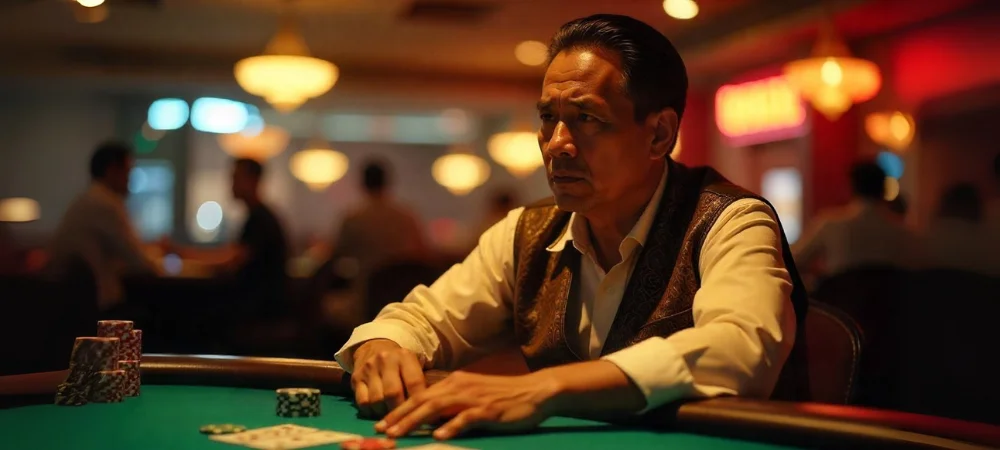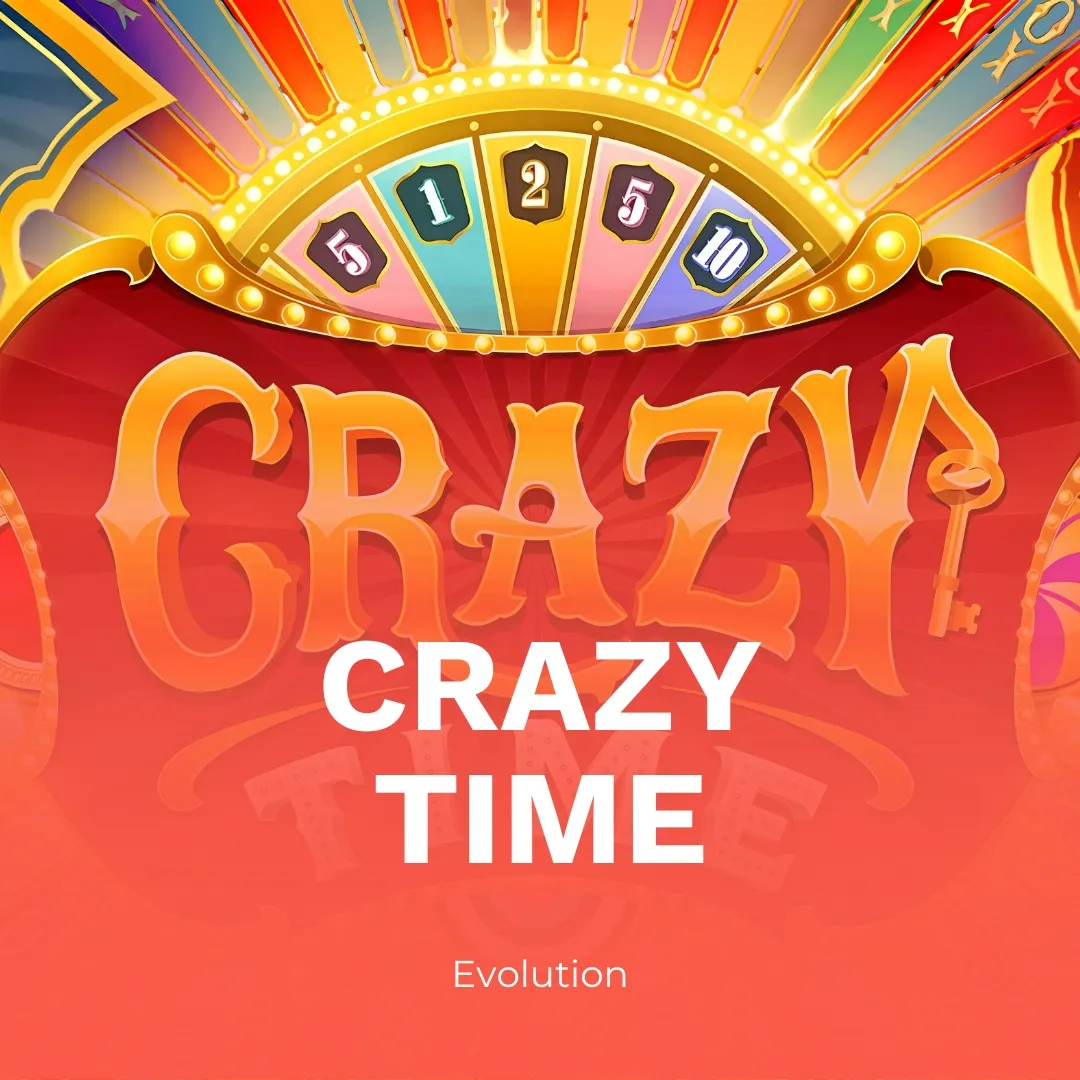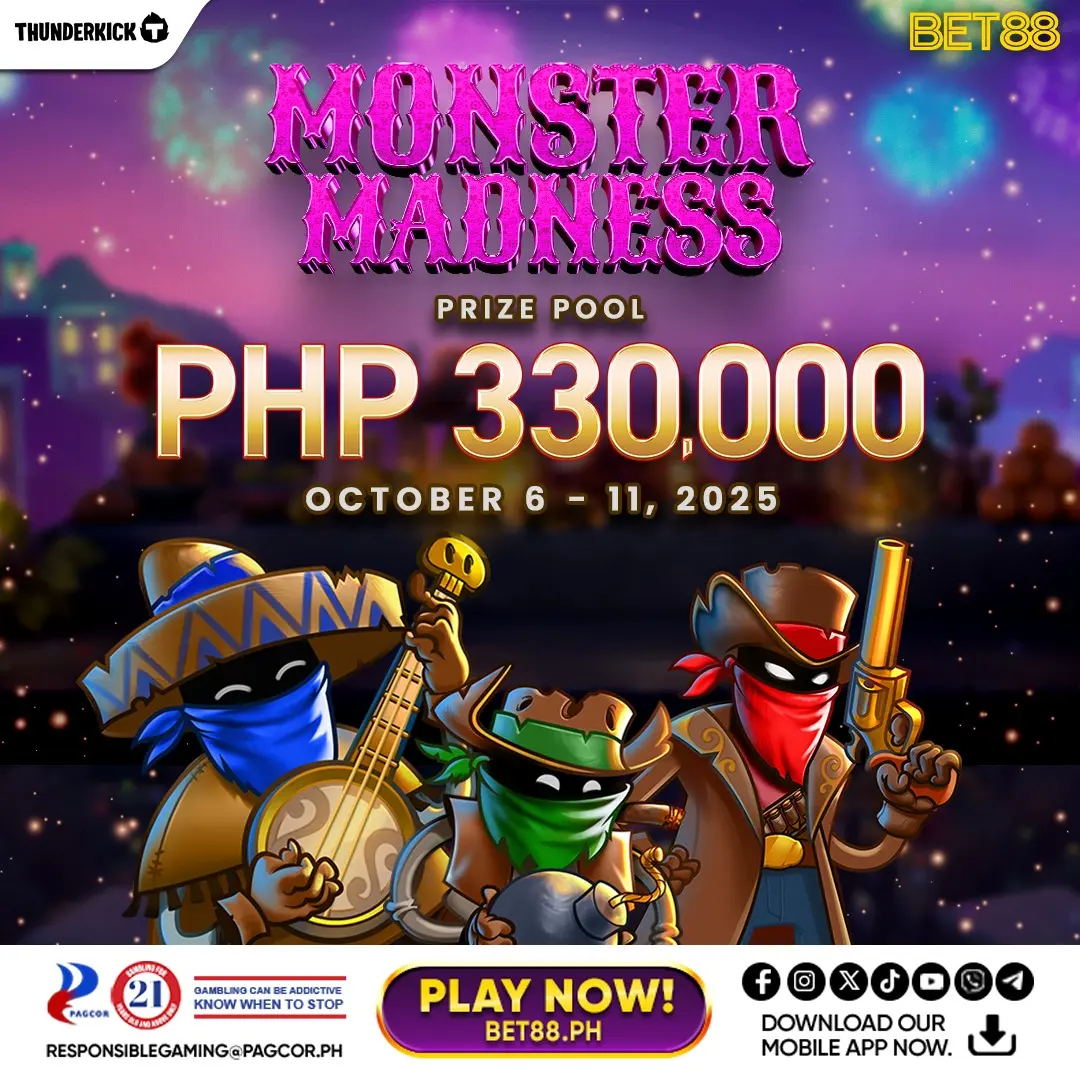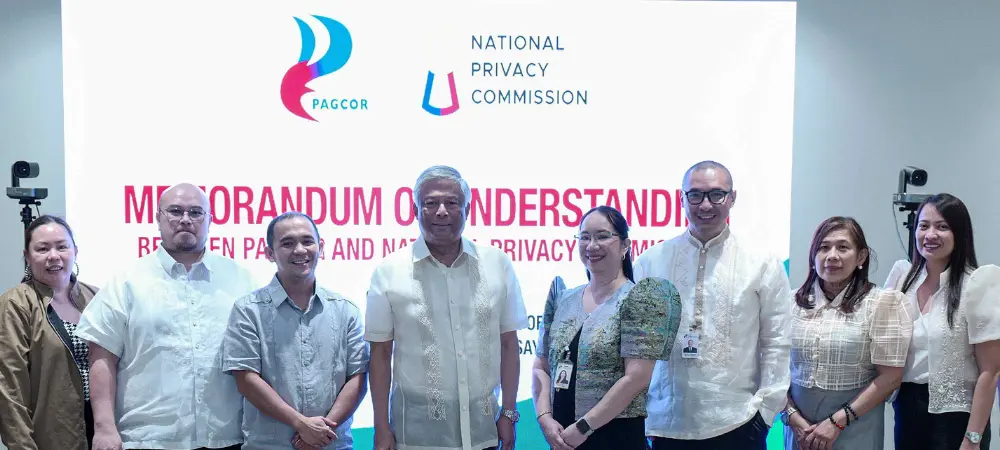Gambling’s everywhere in the Philippines — from sabong arenas and betting shops to online casinos you can access with just a few taps. For many, it’s harmless fun. But for others, the line between play and problem can blur fast.
So what actually makes gambling so addictive? Why do we keep going back even when we’re losing? And why does it seem especially tricky for many Filipinos to walk away?
Let’s break it down.
Why Gambling Feels So Good
Every time you win — or almost win — your brain releases a feel-good chemical called dopamine. That hit makes you feel excited, lucky, or like you’re this close to a big payout. Even when you lose, the anticipation can keep you hooked.
According to researchers at Cambridge University, gambling taps into our reward system in the same way drugs or sugar do. It’s a mental loop: win, feel good, repeat — and hope the next spin brings something better.
But here’s the kicker: the brain can’t always tell the difference between a near-miss and a real win. That “almost” win tricks us into thinking we’re due for a big one soon. So we keep playing.
Why Gambling Hits Different in the Philippines
In the Filipino context, gambling isn’t just about thrill or entertainment — it’s deeply woven into culture, relationships, and even survival. From neighborhood tong-its games to sabong, betting has long been seen as a social activity. It’s often tied to family bonding, pakikisama (fitting in), and even utang na loob — that unspoken sense of debt or obligation to help others, especially financially.
For many, gambling becomes a way to show support — like placing bets at a friend’s fundraiser or joining a game out of loyalty to a kumpare. In this environment, saying no can feel rude, or worse, disloyal.
But under the surface, the motivations run deeper. A 2024 study by The Art2Healing Project revealed that many Filipinos turn to gambling to escape overwhelming financial pressure, family stress, or the heavy burden of being a breadwinner. It’s not always about greed — sometimes it’s desperation dressed up as a long shot.
And because gambling is so normalized — from perya games during fiestas to online sabong and mobile casino apps — problem gambling often flies under the radar. If everyone’s doing it, how could it be a problem, right?
That mindset makes it even harder to spot when someone’s struggling. Add to that the deep cultural stigma around addiction or mental health issues, and you’ve got a perfect storm. Many Filipinos would rather suffer silently than admit they’re losing control — for fear of hiya (shame), judgment, or being seen as weak.
But silence doesn’t solve the problem. It only delays the help that could turn things around.
When Gambling Turns Risky
Most players start small. But over time, chasing losses or betting more than you can afford becomes a slippery slope.
Here are red flags to watch out for:
- You feel anxious or irritable when not gambling
- You borrow money or hide your losses from loved ones
- You’re gambling to escape problems or boost your mood
- You’ve tried to stop — but can’t
These are signs of problem gambling, and they can lead to serious consequences like debt, broken relationships, or even depression.
A recent ScienceDirect study shows that people with gambling problems often struggle with self-control and decision-making — not because they’re “weak,” but because their brains are wired to crave that next win.
Online Gambling = Double the Risk?
Online casinos are booming in the Philippines. With mobile access, it’s easier than ever to place a bet — any time, anywhere.
But constant availability means it’s harder to walk away. No clocks, no limits, and bonus offers that keep pulling you back in. It’s designed to keep you playing.
Add to that the lack of strong consumer protections on some platforms — and it’s easy to see how players can fall into risky patterns.
To help address this, many PAGCOR-licensed platforms are now rolling out responsible gaming features. These tools are designed to give players more control over their sessions, including:
- Setting daily or weekly deposit limits
- Choosing time-out periods to take a break from gambling
- Auto-stop settings that end gameplay after a set time or budget is reached
While not all casinos implement these features equally, they reflect an industry shift toward safer, more mindful play — something PAGCOR has been actively encouraging in recent years. If you’re gambling online, it’s worth checking if your platform supports these tools.
Play Smart, Stay Safe
Gambling isn’t automatically bad. But the more you understand how it affects your brain, the easier it is to stay in control.
Here’s how to play smarter:
- Set a budget and stick to it — never chase losses
- Take breaks to reset your thinking
- Don’t gamble when stressed or emotional
- Use responsible gambling tools (like self-exclusion or daily limits)
- Talk to someone if it’s getting too much — help is available
PAGCOR and local NGOs offer support and resources for those who need it. No judgment, just help.
Mindful Play Starts Here
Gambling taps into powerful parts of our brain — especially the parts that crave reward and hope. For Filipino players, cultural and social pressures can make things even more complex.
But knowledge is power. The more you understand the why behind your play, the better equipped you are to enjoy it — without letting it control you.
Stay sharp, play smart, and remember: the house may always win, but you can always choose how (and if) you play.


















